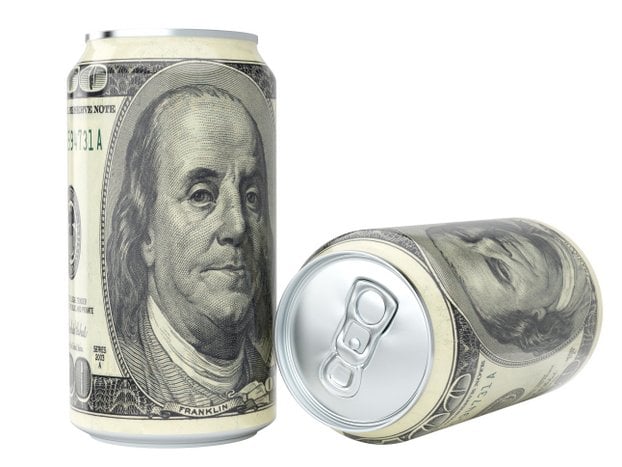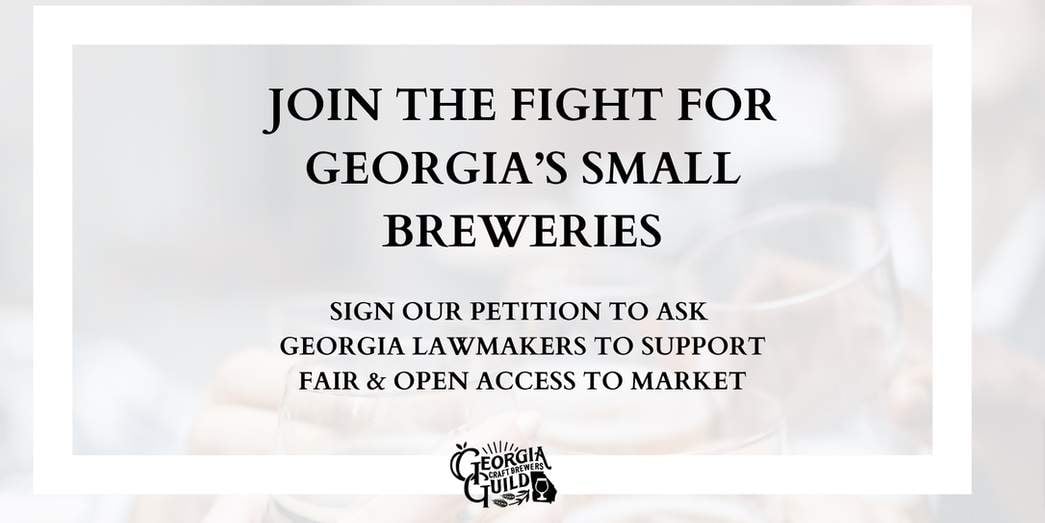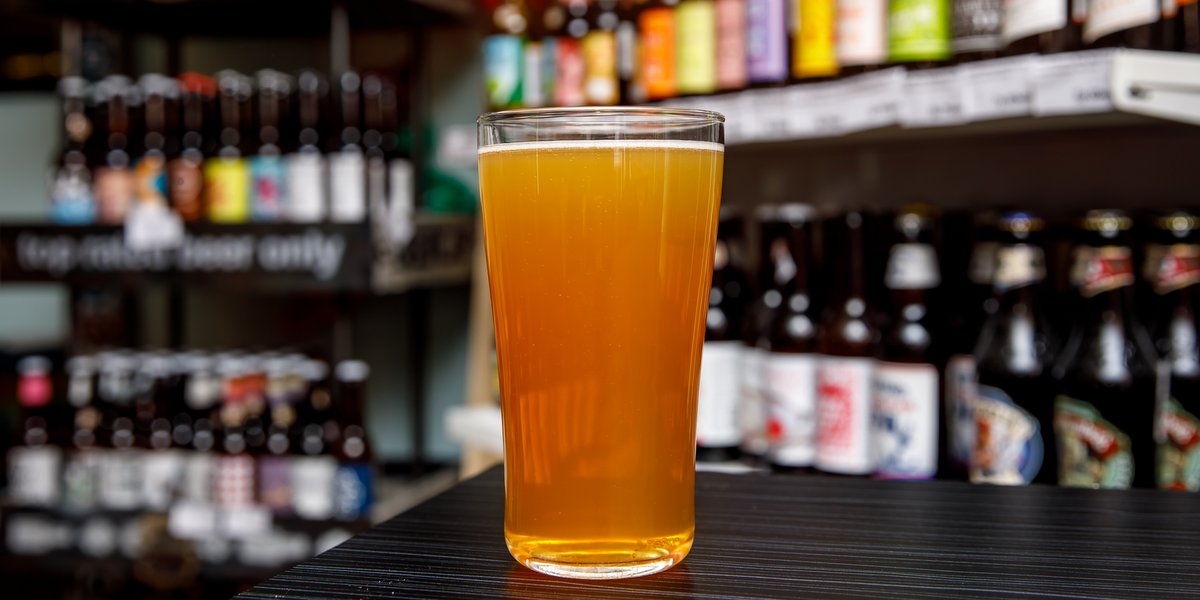 If you were one of the 111 million viewers who tuned in to watch Super Bowl 50, you may have caught Budweiser taking a not-so-subtle dig at its craft brewery competitors with a one-minute commercial proudly proclaiming that Budweiser is “NOT SMALL,” “NOT SIPPED,” “NOT SOFT” and “NOT FOLLOWING.” The ad is a reprisal of last year’s Super Bowl spot announcing that Budweiser is “proudly a macro beer” that is not brewed to be “fussed over” or “dissect[ed].”
If you were one of the 111 million viewers who tuned in to watch Super Bowl 50, you may have caught Budweiser taking a not-so-subtle dig at its craft brewery competitors with a one-minute commercial proudly proclaiming that Budweiser is “NOT SMALL,” “NOT SIPPED,” “NOT SOFT” and “NOT FOLLOWING.” The ad is a reprisal of last year’s Super Bowl spot announcing that Budweiser is “proudly a macro beer” that is not brewed to be “fussed over” or “dissect[ed].”
Aficionados of the beer industry were no doubt struck by the hypocrisy inherent in both ads. In any event, the Budweiser ads clearly aim to create an us-vs.-them mentality in the minds of consumers — a clear dichotomy between America’s legacy macrobreweries and the trendy, upstart microbreweries. But as the craft brewing industry expands and breweries are increasingly consolidated or acquired by massive corporations like AB InBev, these ads beg the question: what exactly is a “craft brewery?” And why does it matter?
RELATED: Saint Arnold’s Brock Wagner says the term ‘craft beer’ might be obsolete soon
The Brewers Association, an influential organization of over 2,900 breweries with the goal of “promoting independent craft brewers,” defines an American craft brewery as “small” (annual production of 6 million barrels of beer or less), “independent” (less than 25 percent owned or controlled by a non-craft brewer, and “traditional” (essentially excluding so-called flavored malt beverages). But the Brewers Association definition is simply a self-defined label, with no legal implications.
Attorney Chris Mercurio of Bowditch & Dewey LLP recently reported on the firm’s craft brewery legal blog a case in which a California federal court held that the decidedly “macro” brewer MillerCoors LLC did not violate the state’s consumer protection and false advertising laws by labeling its Blue Moon line of beers as “artfully crafted” and pricing it like other craft beers. We may see more attempts at suits like this brought under other states’ consumer protection statutes, but to date, the law does not define “craft brewery” or related terms for purposes of labeling and advertising.
Where the rubber really meets the road, as with most industries, is in the tax code. At the federal level, in general, brewers pay a tax of $18 for every barrel (31 gallons) of beer sold in the United States. There is a bright-line exception, however, for domestic brewers who produce 2 million barrels (bbls) of beer or less in a calendar year. For brewers that meet this criteria, the tax is only $7 per bbl on the first 60,000 bbls of beer sold. The law does not label breweries that qualify for this exception as “craft breweries,” but the intent is plainly to incentivize and promote the vast majority of small American brewers contained within the Brewers Association’s definition of a craft brewery.
The regulations clarify that for purposes of determining whether a brewery exceeds the 2 million barrels-or-less threshold, all breweries within the same related “control group” are counted together, including all subsidiary breweries owned by a parent company. This means that all of AB InBev’s and MillerCoors’ recent craft brewery acquisitions, regardless of their size prior to sale, are now taxed at the full per-barrel rate.
Under recently proposed legislation, this tax advantage enjoyed by qualifying craft brewers could get even larger. A bill titled the “Craft Beverage Modernization and Tax Reform Act of 2015” has been introduced in both the U.S. Senate and House of Representatives, pursuant to lobbying by the Brewers Association, which would further reduce the federal excise tax to $3.50 per barrel on the first 60,000 bbls sold for domestic brewers producing 2 million bbls or less annually, and reduce the tax to $16 per barrel for all brewers on the first 6 million barrels sold. Notably, this bill would extend tax relief to breweries, including Boston Beer Co. (makers of Sam Adams), that have outgrown the existing 2 million bbl-per-year exemption.
Keep an eye out for further legal developments in beer labeling, marketing and taxation as the industry evolves and struggles to define what it means to be a “craft brewery” in contrast to America’s macrobrewers. Now, excuse me, I have to NOT SIP this NOT SOFT craft beer in my hand.
Tim Powell is an attorney at Bowditch & Dewey, LLP. Powell concentrates his practice in all aspects of business and employment litigation.





Can we define a ‘craft brewery’ by tax codes? https://t.co/ijZACq5WSO
Can we define a ‘craft brewery’ by tax codes? Read B&D attorney Tim Powell’s take on @CraftBrewingBiz: https://t.co/iyZEOlT8lt
RT @HardKnoxBrewing: Can we define a ‘craft brewery’ by tax codes? — https://t.co/2brbKdoAML #craftbeer
Can we define a ‘craft brewery’ by tax codes? — https://t.co/2brbKdoAML #craftbeer
Can we define a ‘craft brewery’ by tax codes? https://t.co/CZoSBlbluW #beer #feedly
Can we define a ‘craft brewery’ by tax codes? https://t.co/OmH52xqBlP
#CraftBeer #CraftBrewing #Beer #BeerBiz Can we define a ‘craft brewery’ by tax codes? https://t.co/yvuvbQEY4d
Can we define a ‘craft brewery’ by tax codes? https://t.co/e1LnqcH9Wj via @craftbrewingbiz